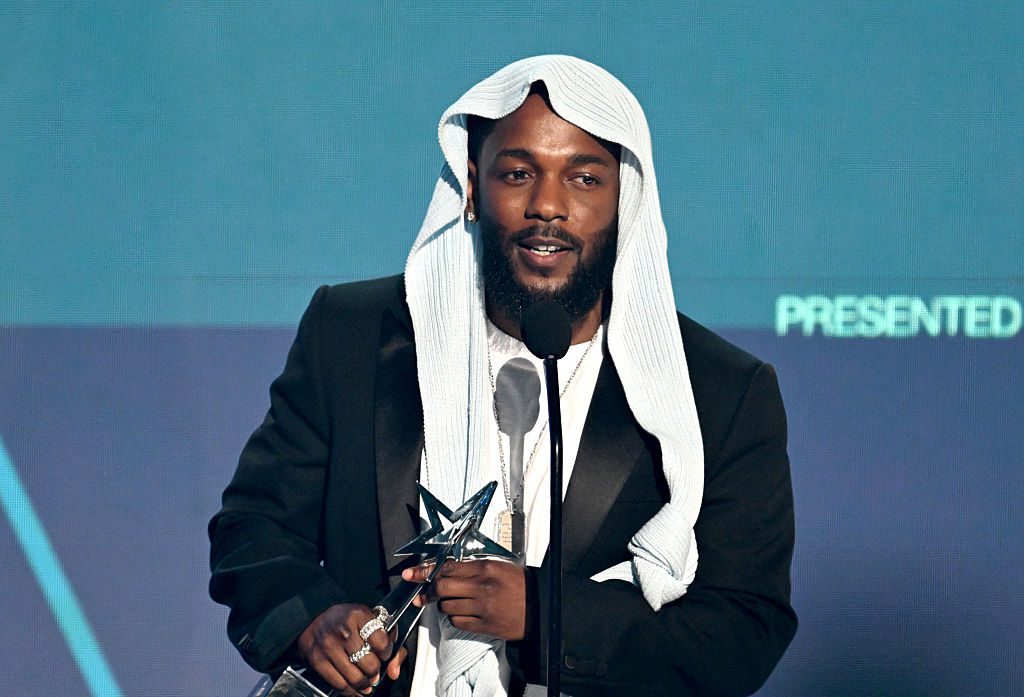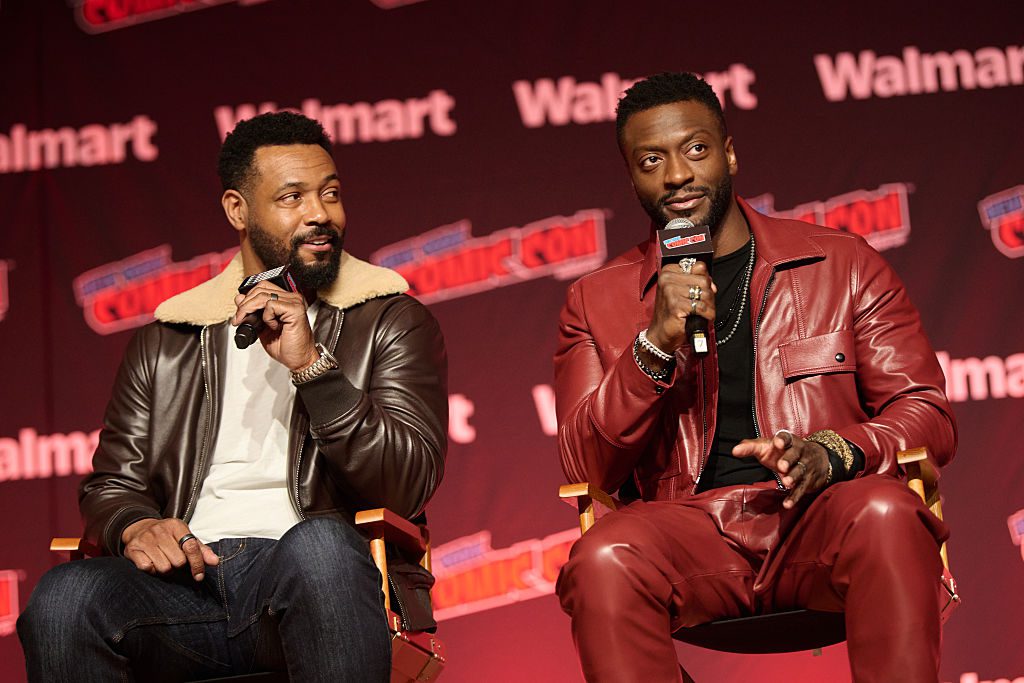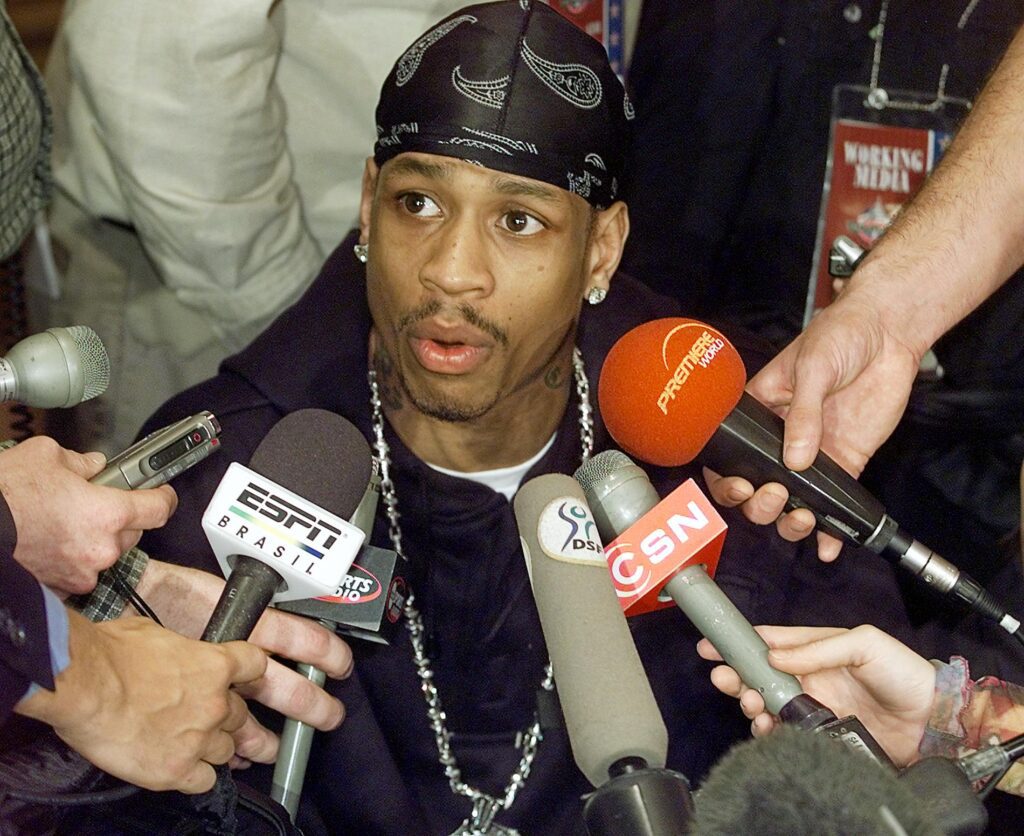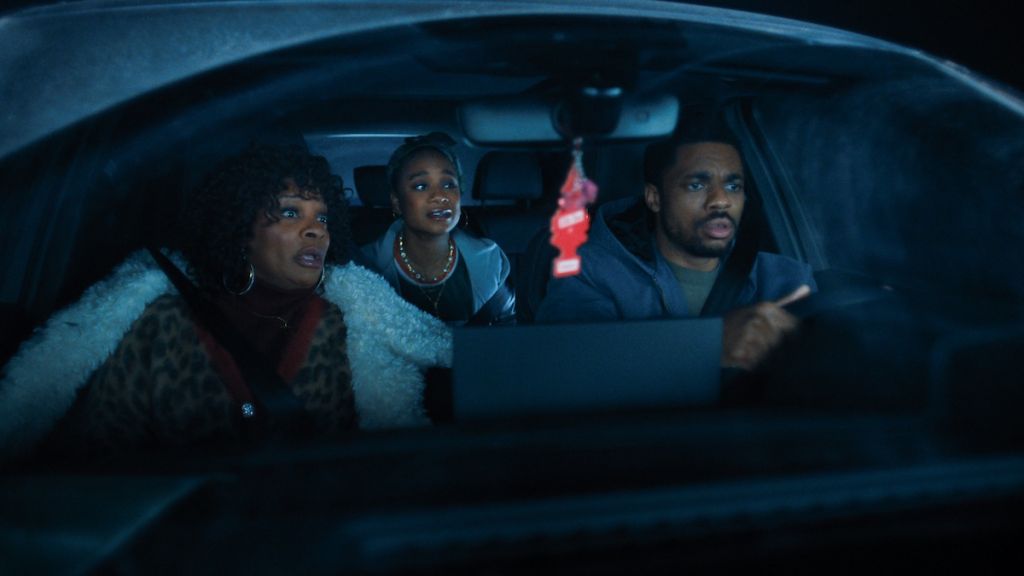
Toy giant Mattel has announced an innovative partnership with OpenAI to develop a new generation of AI-powered toys and games. The collaboration will introduce generative AI into some of Mattel’s most iconic brands like Barbie, Hot Wheels, and American Girl. Read more inside.
According to a recent announcement shared by OpenAI, Mattel will be using OpenAI’s enterprise-level tools, including ChatGPT Enterprise, to develop interactive, intelligent toys that can engage children in new and immersive ways. The first Ai-enhanced products are expected to hit shelves later this year. The company emphasized that all AI features will be introduced in a “safe and secure manner,” sparking both excitement and concern among parents, educators, and tech watchdogs.
This marks a major milestone in the evolution of children’s toys, pushing playtime beyond traditional mechanics into the realm of dynamic conversations, storytelling, and potentially even personalized learning. Imagine a Barbie that can help kids write stories, a Hot Wheels car that gives voice-command racing tips, or an American Girl doll that engages in deep conversations about history or emotions.
While the innovation seems impressive, it raises important questions: How will data privacy be protected? Will these AI toys collect or store sensitive information about children? What safeguards will be in place to prevent inappropriate interactions?
Mattel has said it is committed to “responsible AI,” claiming that any generative tools are both safe and age-appropriate. However, with the rapid growth of AI in consumer products, skepticism remains. Some experts argue that regulations and ethical standards for AI use in children’s products are still catching up to the technology itself.
From a developmental perspective, some educators see potential. AI-powered toys could encourage creativity, build conversational skills, and support personalized learning experiences. While others warn of the dangers of over-reliance on screens and the erosion of organic, imaginative play.
Parents are left with a tough decision: do they embrace the future of AI-enhanced toys or hold back until there’s more clarity and regulation around how these tools function? Also, who is really in control?
With the first wave of AI-integrated toys expected later in 2025, the Mattel-OpenAI partnership will likely serve as a litmus test for the future of smart play. The only question now is—are we ready to let artificial intelligence into the toy box?
Comment your thoughts below.







